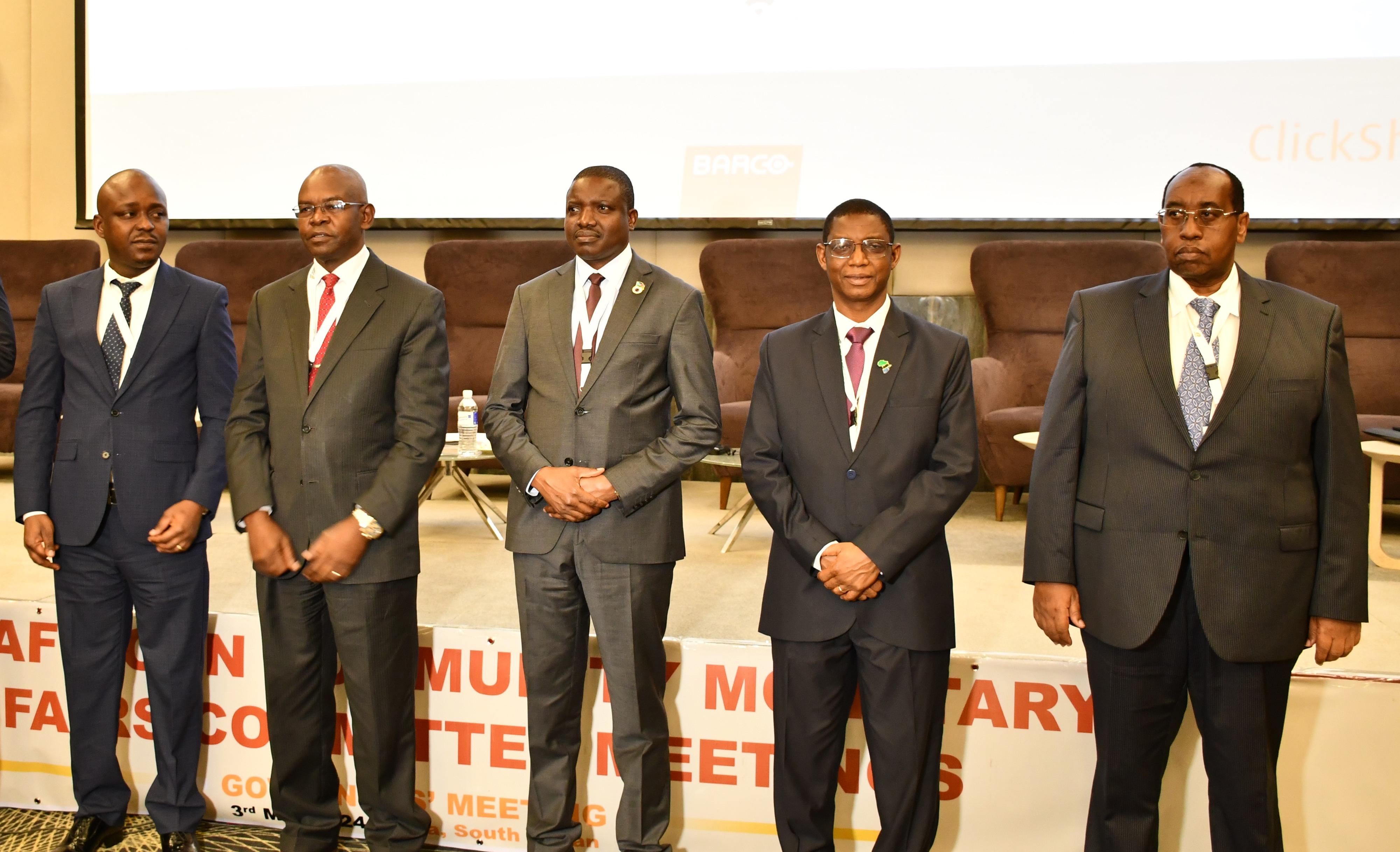Uganda Clays continues to recover from years of loss making

In an interview yesterday, Mr George Inholo, the company’s managing director, said the recovery was a result of investments in the business as well as intensified marketing activities. FILE PHOTO
What you need to know:
- Profitability: According to Mr Inholo, the company had also engaged a number of cost cutting measures thus returning to profitability.
Kampala. Highlighted as a loss making business, for six years, Uganda Clays’ streak of performance seems to be stabilizing after the company registered an increase of Shs21m in profits.
According to results released last week, the company profits grew to Shs2.39b up from 2.36b in 2016.
This informed a decision by the board to recommend a dividend payout of Shs1 per share subject to withholding tax.
The growth was a result of increased revenue that grew from Shs26b to Shs27b.
In an interview yesterday, Mr George Inholo, the company’s managing director, said the recovery was a result of investments in the business as well as intensified marketing activities.
“We made money from sale of various products such as tiles, maxpans among others, which was also boosted by the Kamonkoli plant that now makes max pans,” he said.
The company, Mr Inholo said, had for years been making losses on the back of bad investment decisions and growing competition in the market.
He said a number of investments had been made last year, allowing the company to make inroads in the distribution, especially in the West Nile region through the Arua District distribution centre.
Despite registering a profit for the period, operating expenses continued to be high totaling to Shs7.8b.
NSSF debt to Equity
Uganda Clays had been hugely indebted. However, one of the company’s debts from National Social Security Fund was converted into equity (shares).
However, to date, the shift to equity has not been finalised, owing to the complexity in evaluation processes. The process is however expected to be finalized this year.
Once it is completed, NSSF is expected to increase its shareholding into the company from 32.5 per cent to 66 per cent, making it majority shareholder.
Cost cutting
Profitability: According to Mr Inholo, the company had also engaged a number of cost cutting measures thus returning to profitability.



